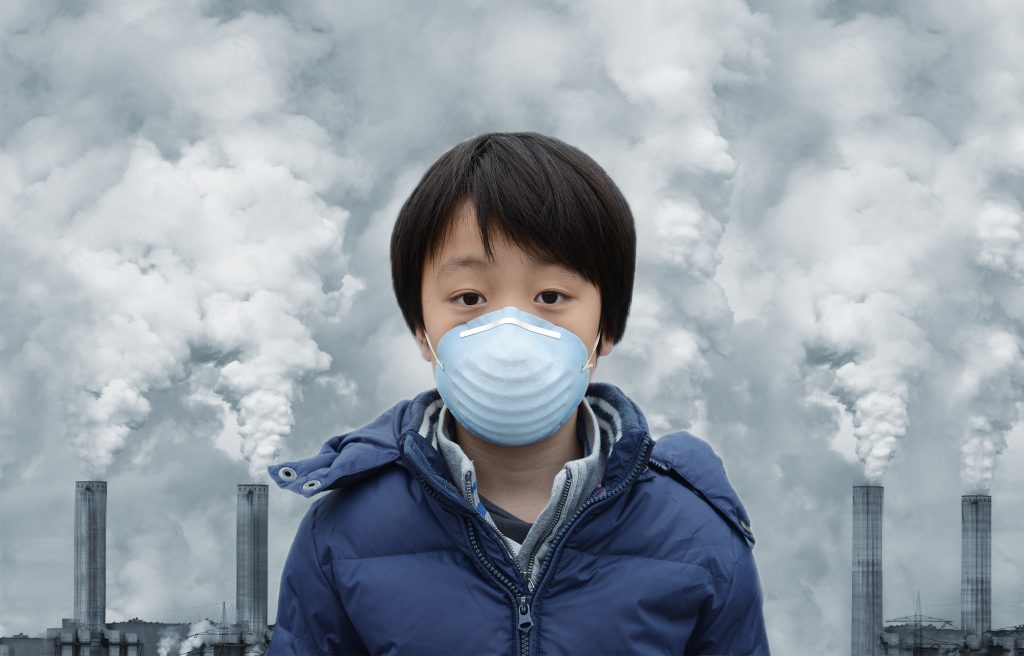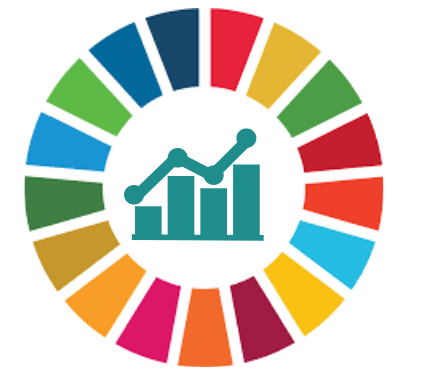“We have been brought to our knees – by a microscopic virus… It has laid bare risks we have ignored for decades: inadequate health systems; gaps in social protection; structural inequalities; environmental degradation; the climate crisis.”– United Nations Secretary General Antonio Guterres
On 31 December 2019, the World Health Organisation was informed of cases of pneumonia of unknown cause in Wuhan City, China. On 7 January 2020, Chinese authorities identified the cause as a novel coronavirus. Better known as COVID-19, it spread into a Pandemic that continues to affect lives, impact livelihoods and disrupt economies on a global scale.
In the immediate months that followed, we saw how entire regions that had been making progress on eradicating poverty and starting to narrow inequality gaps were set back.
COVID-19 In South Africa
On 26 March 2020, South African President Cyril Ramaphosa implemented a national lock-down which impacted all non-essential businesses. A national phased approach to resuming normal economic activity commenced from 1 May 2020. It became apparent that COVID-19 presented an extraordinary crisis for many South Africans.
For the first time since its inception, SOUL deviated from its exchange approach to a hand-out approach with the COVID-19 Disaster Response Program in Ward 71, Cape Town. Project managed by Xchange Connexion, with SOUL as the fundraising vehicle and working with the Ward Councillor, Penny East, and numerous other non-profit partners, the Program ran from 27 March 2020 to 10 August 2020 and provided 500 marginalised households with a basic meal a day.
As the Pandemic continued its grip across South Africa, the data started to reveal the problems arising:
- More than 600k formal sector jobs lost during South Africa’s Lockdown (Stats SA, Quarterly Labour Force Survey);
- Increases in poverty, food insecurity, hunger and domestic violence;
- Violent crime, murder and robbery with firearms numbers on the rise (Crime Catastrophe);
- School closures raised levels of child abuse, mental health problems and educational disadvantages (Projecting the potential impacts of COVID-19 school closures on academic achievements);
- Businesses are in need of support, 20.2% indicated temporary closure or paused trading activity (Stats SA Business Impact Survey);
- Littering and sanitation problems due to overcrowded communities and bad habits contributing to health problems, environmental degradation and climate change.
In order to provide support to South Africa’s most vulnerable during the COVID-19 Crisis, the South African government introduced a Social Relief of Distress (SRD) grant of R350. Many South Africans have become reliant on this grant and it looks like it may be around to stay.
An opportunity to build a “more equal and sustainable world”.
South Africa has struggled with increasing mass unemployment and poverty since the onset of democracy and the situation is even worse since the COVID Pandemic.
However, it’s not all doom and gloom. We have seen a heightened sense of cooperation, engagement and unity across all spheres of society as we’ve had to work to find our way through extraordinary challenges and urgencies. We believe working together to overcome the COVID-19 Crisis has laid a foundation for ongoing collaboration to find solutions for the ongoing COVID-19 situation as well as addressing the many socio economic challenges we face as a nation.
SOUL has always advocated the need to disrupt South Africa’s current aid model with a more innovative and impactful one. We are particularly focused on how donors give and how marginalised individuals and households get aid.
It’s time to implement an aid model that is more relevant to our socio economic needs. One that sees funds supporting the marginalized, benefiting local communities, protecting our environment and contributing to local jobs in the green economy.
Developing this model is SOUL’s core purpose and we believe it’s time we all pulled together to prove the Xchange Program model can really make a difference and truly be a force for social good. Read more about our Xchange Program model here.




